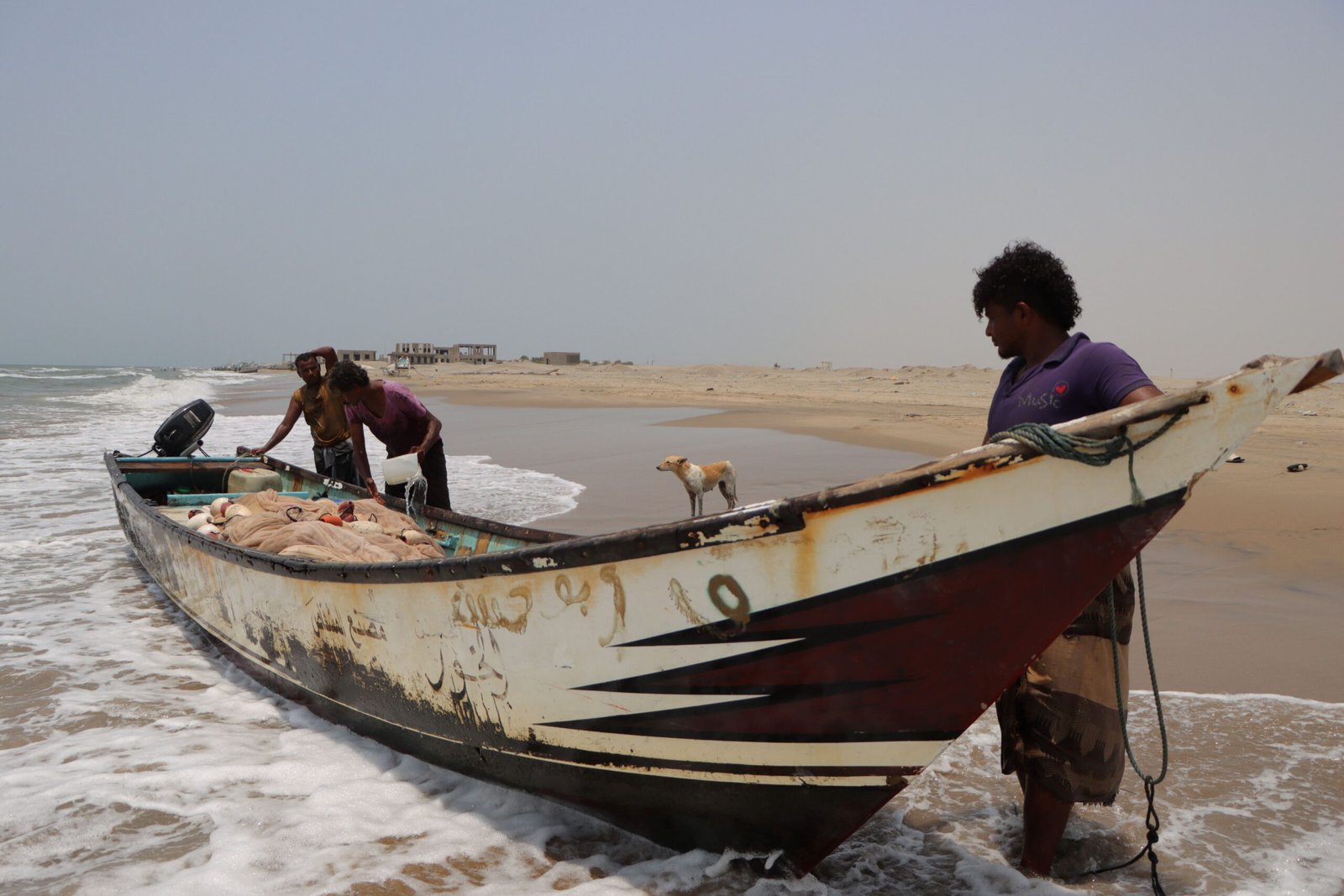Friday, 27 February 2026
Red Sea shipping disruptions to exacerbate dire situation in Yemen: FAO
FAO calls for immediate efforts to de-escalate tensions and facilitate the uninterrupted flow of commercial and humanitarian food supplies The escalation of the Red Sea crisis is poised to accelerate…

FAO calls for immediate efforts to de-escalate tensions and facilitate the uninterrupted flow of commercial and humanitarian food supplies
The escalation of the Red Sea crisis is poised to accelerate the increase in shipping costs, delay the delivery of essential food or lead to a complete suspension of trade routes and closure of Yemeni ports, a new report released by the Food and Agriculture Organization of the United Nations (FAO) finds. This will drive a further rise in food insecurity in Yemen, largely affecting the most vulnerable populations, including the poor and internally displaced, who will struggle to afford essential food items.
According to the Potential Impacts of Red Sea Crisis Escalation on Food Insecurity in Yemen report, the food security situation in Yemen is already fragile and further shocks emanating from the Red Sea crisis will cause additional harm to an already dire situation that can be described as one of the worst humanitarian emergencies in the world.
The latest Integrated Food Security Phase Classification (IPC) analysis reveals that almost 5 million people or 45 per cent of the population analysed in the Government of Yemen’s controlled areas are estimated to be in Crisis or worse (IPC Phase 3 and above).
Yemen relies heavily on imports for the food requirements of its population, with around 90 per cent of its needs in staple cereals imported. According to the FAO report, if the current escalation is sustained for the next three months, imports will most likely slow down, affecting food availability and prices in the domestic markets.
While commenting on the report’s key findings, the FAO Representative in Yemen, Hussein Gadain, urged the international community to address the possible deterioration of the already severe humanitarian crisis in Yemen. He emphasised that the Red Sea conflict has erupted at a time when focus on Yemen is receding as humanitarian actors shift their attention and resources to other global hotspots, including Ukraine, Gaza and Sudan.
The report warned that a further escalation of the crisis would also disrupt livelihoods and certain value chains. Fishermen, for example, may abandon their activities due to increased insecurity at sea and landing sites, which would not only impact their income opportunities and livelihoods but also affect the availability of fish – an important source of protein – in the market.
Technology
Ingredion Thailand Achieves 100% Sustainably Sourced Cassava
Feb 27, 2026 | Company News
Deakin University and Bellarine Foods Partner to Develop Sustainable Marine-Derived Proteins
Feb 26, 2026 | Australia
Royal Unveils Refreshed Jute Bag Design for 20lb Authentic Basmati
Feb 25, 2026 | Company News
Food Testing
Australian Medical Bodies Push for Compulsory Health Star Labelling
Feb 24, 2026 | Australia
Tim Hortons Singapore Secures Majlis Ugama Islam Singapura Halal Certification Ahead of Ramadan
Feb 23, 2026 | Company News
More Popular
Fagron Acquires Pharmavit Europe for €68Mn to Expand Nutraceutical Portfolio
Feb 27, 2026 | Company News
Arla Foods Invests EUR 300Mn in New Cheese Dairy in Sweden
Feb 27, 2026 | Company News
Beyond Meat Broadens Portfolio Beyond Protein with Sparkling Plant-Based Drink Line
Feb 27, 2026 | Beverages






